Articles and Publications
In this section you can find all the publications of EUROPEUM staff and collaborators. Press releases can be found in the About us section.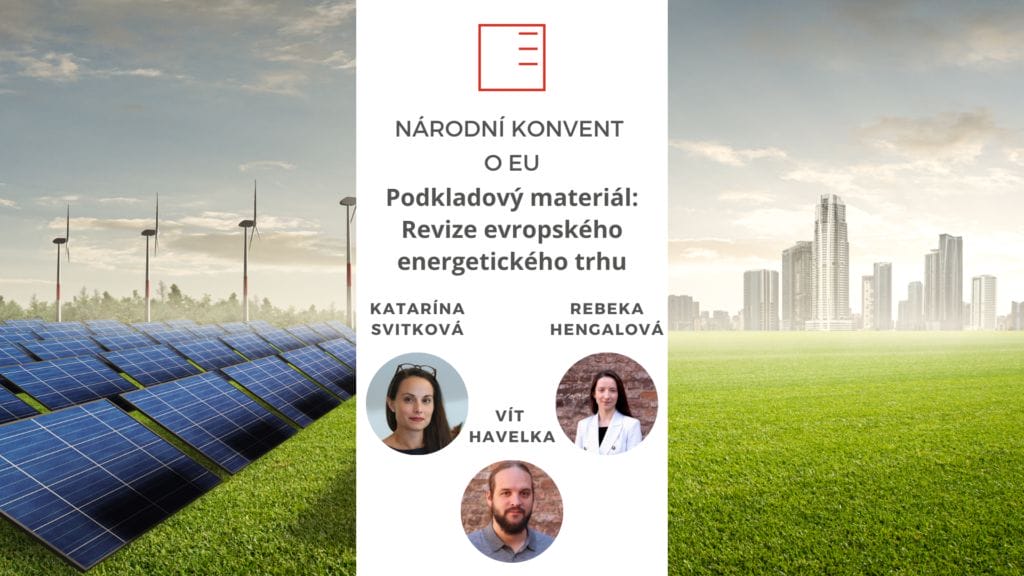
National Convention on the EU | Background paper: review of the European energy market
Vít Havelka, Rebeka Hengalová, and Katarína Svitková prepared a background paper for the National Convention on the EU Round Table on the Review of the European Energy Market. How can the EC proposal for the revision of the European electricity market be assessed from the Czech Republic's perspective? How can the revision of the internal gas market rules be assessed in the context of the energy crisis? How should the EU prepare for the coming winter?
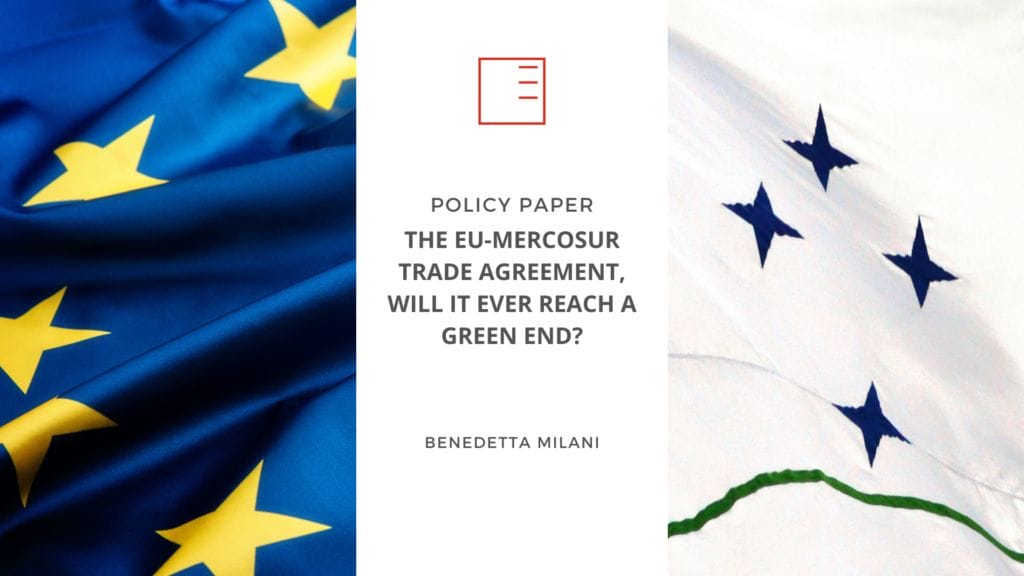
POLICY PAPER | The EU-Mercosur trade agreement, will it ever reach a green end?
In her policy paper, Benedetta Milani discusses the trade agreement between the EU and the South American trade bloc Mercosur. Trade between the EU and Mercosur will have to wait some time before it is approved, because the agreement must be backed by the national parliaments of the 27 EU Member States and the 4 Mercosur partner countries (Argentina, Brazil, Paraguay, and Uruguay).
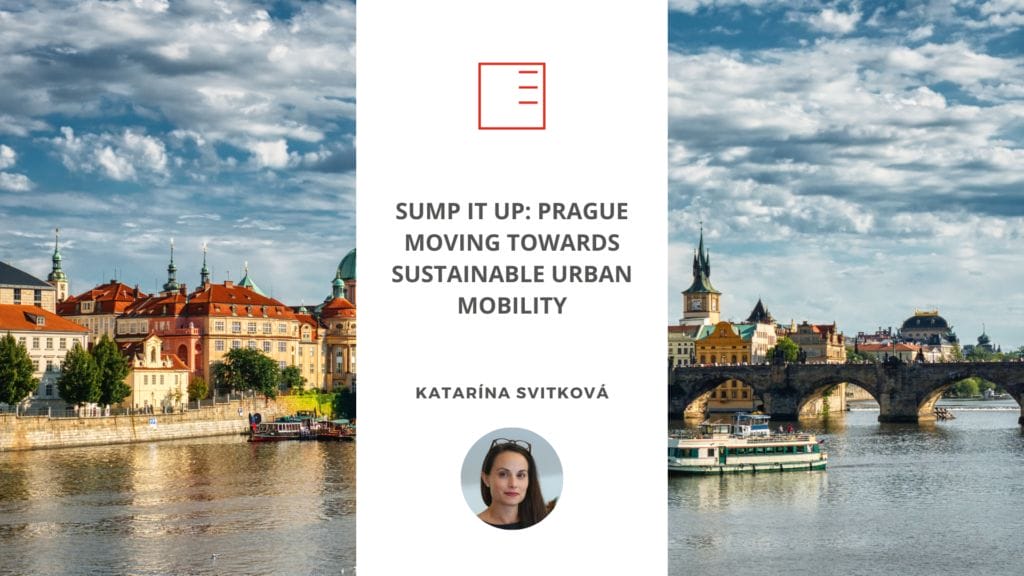
Policy Paper | SUMP IT UP: Prague Moving towards Sustainable Urban Mobility
Katarína Svitková, our research associate, wrote a policy paper on sustainable mobility in Prague. According to Katarína, cities play an important role in reducing the carbon footprint. Therefore, one of the key areas to focus on is urban transport.
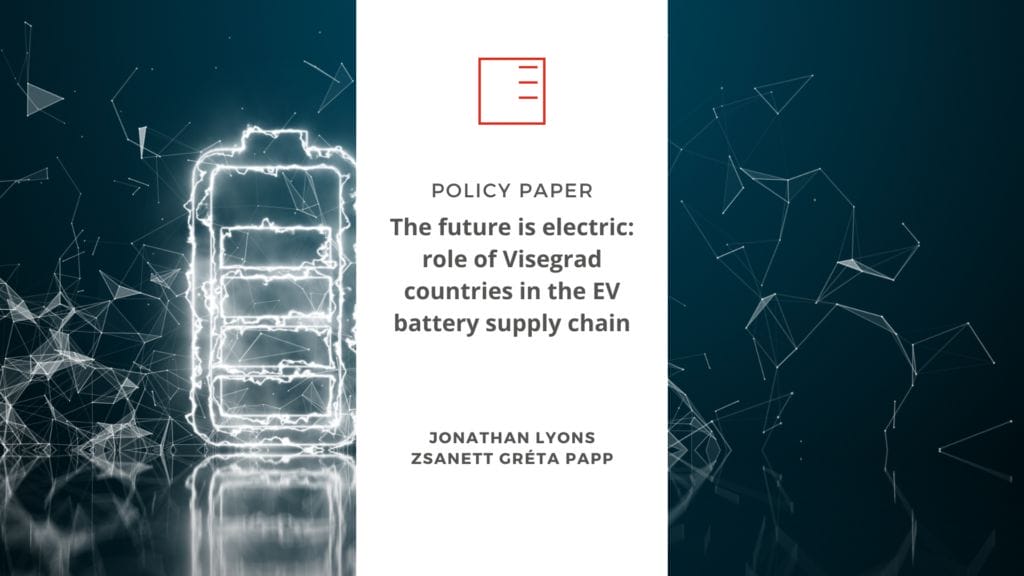
Policy Paper | The future is electric: role of Visegrad countries in the EV battery supply chain
The car industry is a crucial player for the economies of each Visegrad country, but to remain competitive adaptation is necessary. Since the shift from ICE to EVs leads to a substantial need for Critical Raw Materials (CRM), the V4 countries have and must continue to position themselves along the different parts of the EV battery supply chain from mining, refining to manufacturing, reuse and recycling as well as R&D into new battery chemistries.
The future is electric: role of the Visegrad countries in the EV battery supply chain report addresses areas for Visegrad countries to ensure a sustainable and reliable EV battery supply chain.
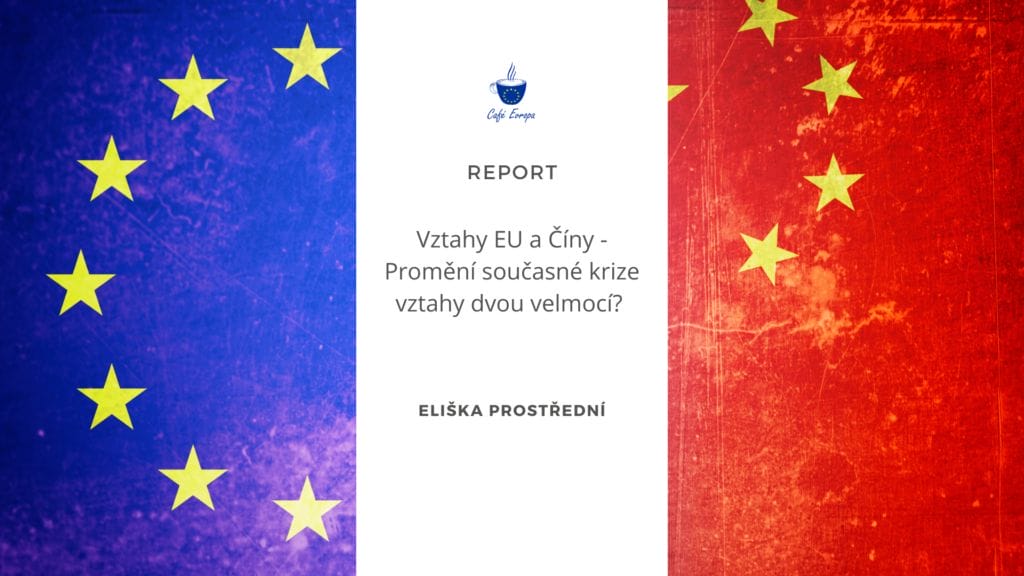
Report | EU-China relations - Will the current crisis change the relationship between the two great powers?
As part of the Café Evropa debate cycle, one of the discussions took place on the relationship and approach between the European Union and China. Among those invited were Magdaléna Slezáková, Ondřej Wagner, David Gardáš and Zdeněk Beránek. You can read a summary of the outputs of individual guests in the report written by our intern Eliška Prostřední.
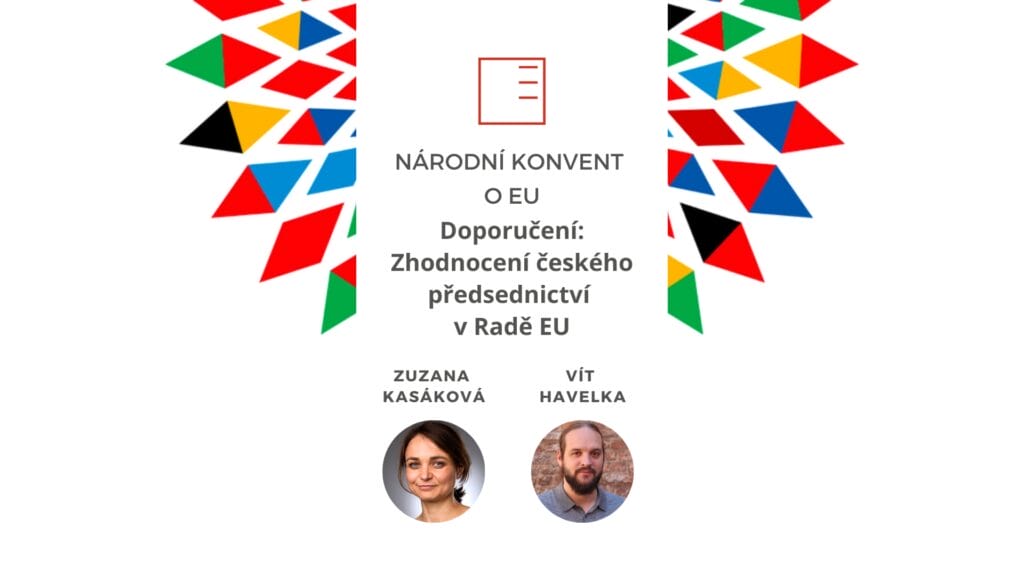
National Convention on the EU | Recommendation: Evaluation of the Czech Presidency of the Council of the EU
Our associate research fellow Zuzana Kasáková and our senior research fellow Vít Havelka prepared a recommendation resulting from the round table discussion of the National Convention on the EU held on February 24, 2023 on the topic "Evaluation of the Czech Presidency of the Council of the EU". The issued recommendations for the Czech Republic include, for example, the use of the positive result of the Czech presidency, its improved image, and contacts for formulating and promoting the long-term priorities of the Czech Republic in the European Union. Another recommendation is that the Czech Republic should ensure adequate security, both personnel and professional, for the awarding of public contracts for the future Czech presidency.
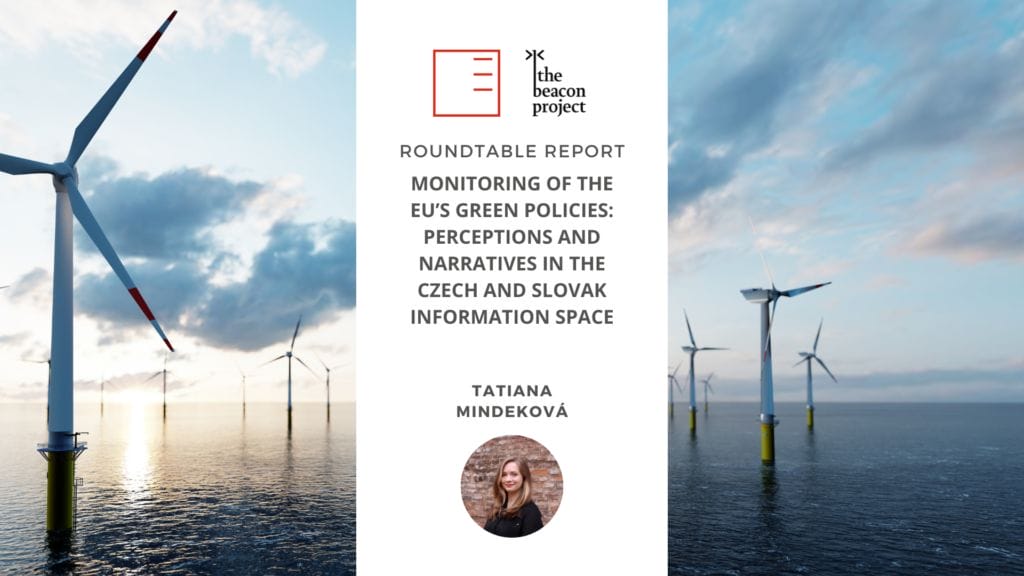
Roundtable report | Monitoring of the EU’s Green Policies: Perceptions and Narratives in the Czech and Slovak Information Space
On 17th of January 2023, the EUROPEUM Institute for European Policy organised a closed roundtable discussion titled Monitoring of the EU’s Green Policies: Perceptions and Narratives in the Czech and Slovak Information Space. The discussion was held under the Chatham House Rule and attended by experts on the EU’s green policies and disinformation from think-tank communities and academia as well as by journalists who regularly comment on these topics. The event was moderated by Žiga Faktor, EUROPEUM’s Head of the Brussels Office. A short report from the discussion was prepared by our junior researcher and project manager Tatiana Mindeková.
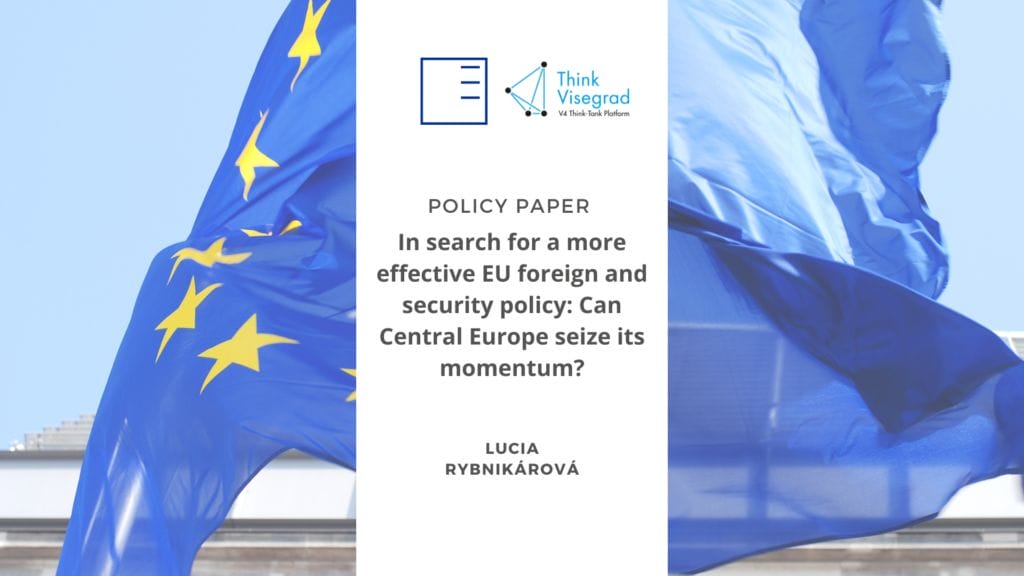
POLICY PAPER | In search for a more effective EU foreign and security policy: Can Central Europe seize its momentum?
Lucia Rybnikárová writes in her paper on effective EU foreign and security policy about the need to have a strategic vision of the EU to the world and the political will and commitment of the member-states.
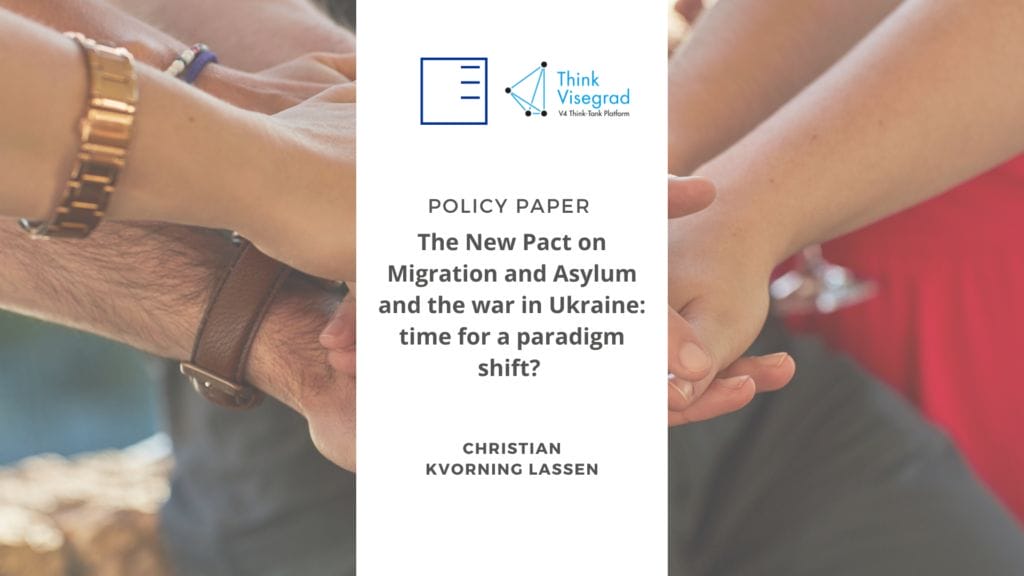
POLICY PAPER | The New Pact on Migration and Asylum and the war in Ukraine: time for a paradigm shift?
Christian Kvorning Lassen, deputy director and head of research at the EUROPEUM, writes in his policy paper about the new pact on migration and asylum. In his article, he reminds that migration remains highly politicized.
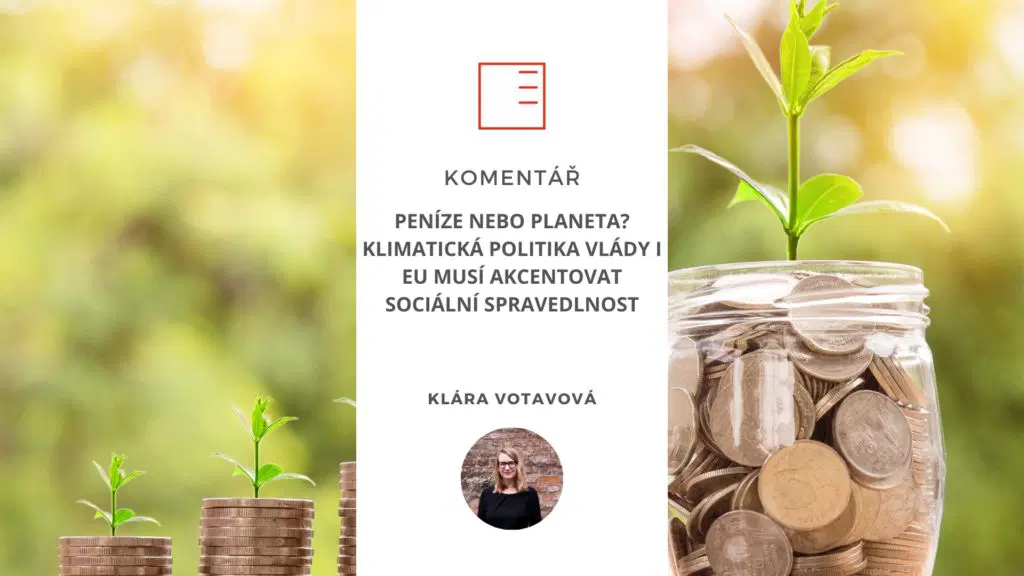
BLOG | Money or planet? Government Climate Policy | EU must emphasise social justice
When the European Parliament finally confirmed the ban on the sale of cars with internal combustion engines in the EU in 2035, it sparked a new round of a well-known debate in the Czech Republic. Is climate and environmental protection worth the threat to prosperity in countries with strong car industries like the Czech Republic? Klára Votavová discussed this topic.
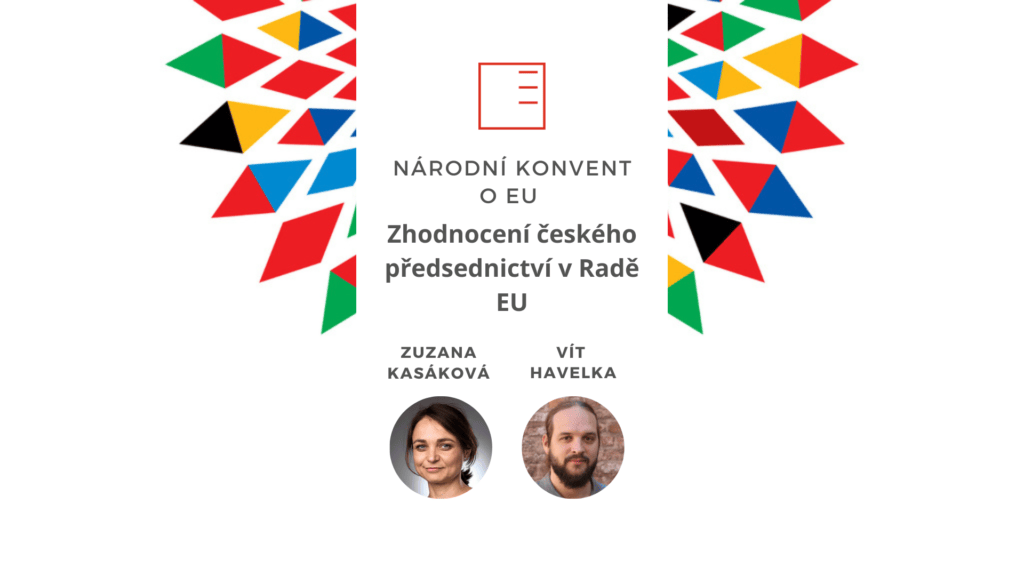
National Convention on the EU | Background material: Evaluation of the Czech Presidency of the Council of the EU
Our research associate Zuzana Kasáková and our senior researcher Vít Havelka prepared background material for the Round Table of the National Convention on the EU on the topic Evaluation of the Czech Presidency. Three main questions are put to the Round Table: How successful has the Czech Reublic been in implementing its Presidency priorities? How successful was the Czech Republik in carrying out its presidency in terms of organisation? Has the Czech Republic been successful in promoting its membership in the European Union?
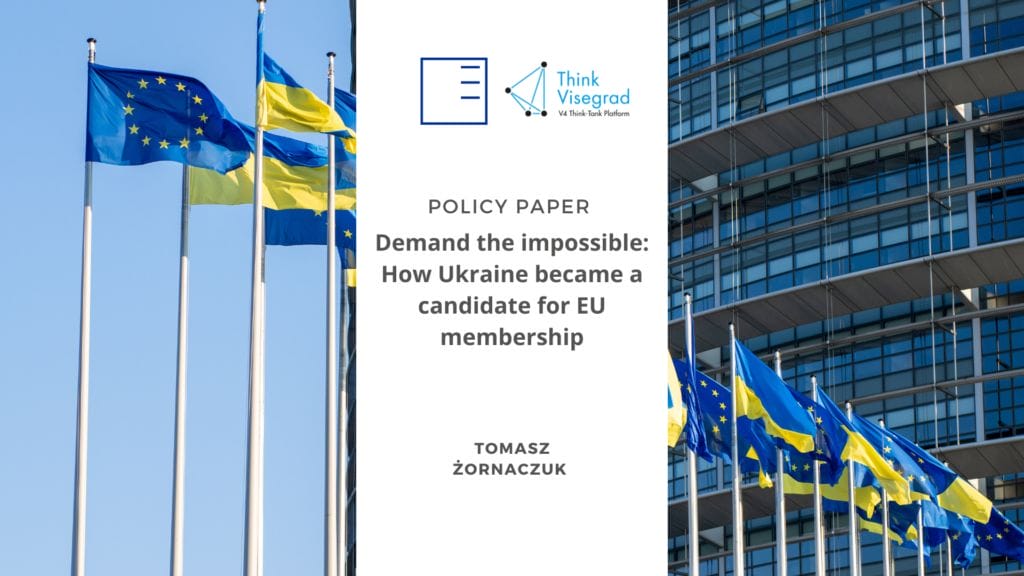
POLICY PAPER | Demand the impossible: How Ukraine became a candidate for EU membership
Tomasz Żornaczuk writes that Russia's aggression in Ukraine has led to major changes in EU enlargement in 2022. The most significant of these was the change in the Union's geographical position after Ukraine and Moldova were granted EU candidate status and Georgia was granted the prospect of accession. The move seemed almost impossible a few weeks before it became the new political reality in June 2022.